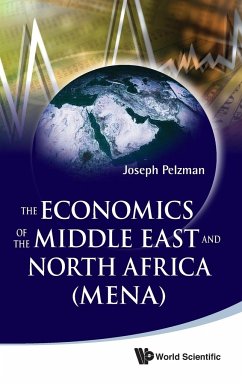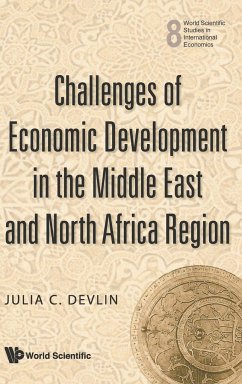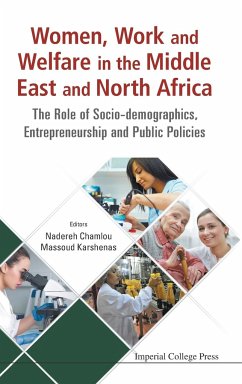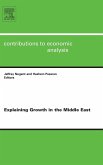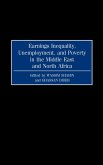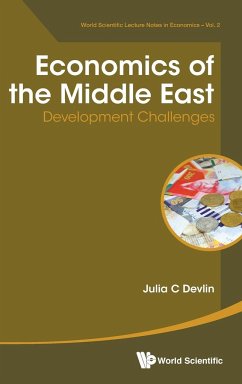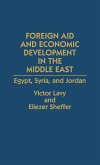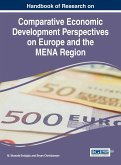The Middle East and North Africa (MENA) is a large, complex, and diverse region, which faces a wide range of economic issues. The MENA group includes Algeria, Bahrain, Cyprus, Djibouti, Egypt, Iran, Iraq, Israel, Jordan, Kuwait, Lebanon, Libya, Morocco, Oman, Qatar, Saudi Arabia, Syria, Tunisia, Turkey, United Arab Emirates, and Yemen. This book uses analytical tools drawn from the trade, labor, finance, and development literature to critically analyze and compare these countries' economic policies. The purpose of this book is not to provide a country-by-country study but rather to deal with general themes such as growth and structural change, labor market imperfections, technology gaps, endogenous growth, capital markets, savings and investment behaviors, and the economics of terror. This approach helps us raise general questions about the growth experience of the region as a whole, and at the same time, focus on key sector issues such as the relevance of Islamic banking to capital formation. The book serves as both a textbook and a summary of the very large literature on MENA. It examines the following economic realities of the region and compares them across the MENA economies: * Technology gap and comparative development * The value of education and human capital development * Water and food security * The economics and politics of oil * Population growth, role of gender, and labor mobility * The role of the state as economic actor * The economic value of democracy * The prospects for regional integration * Economic impact of terrorism

